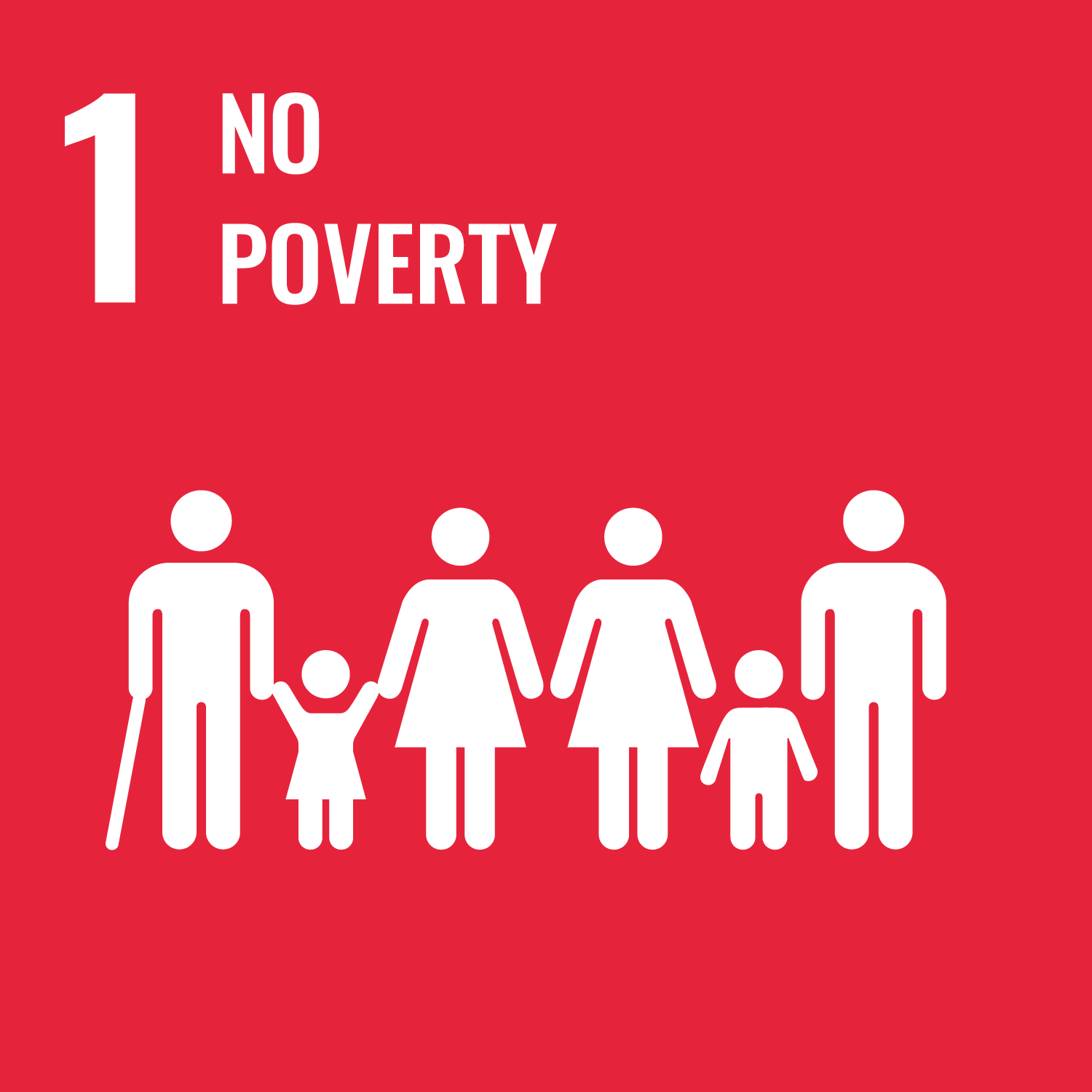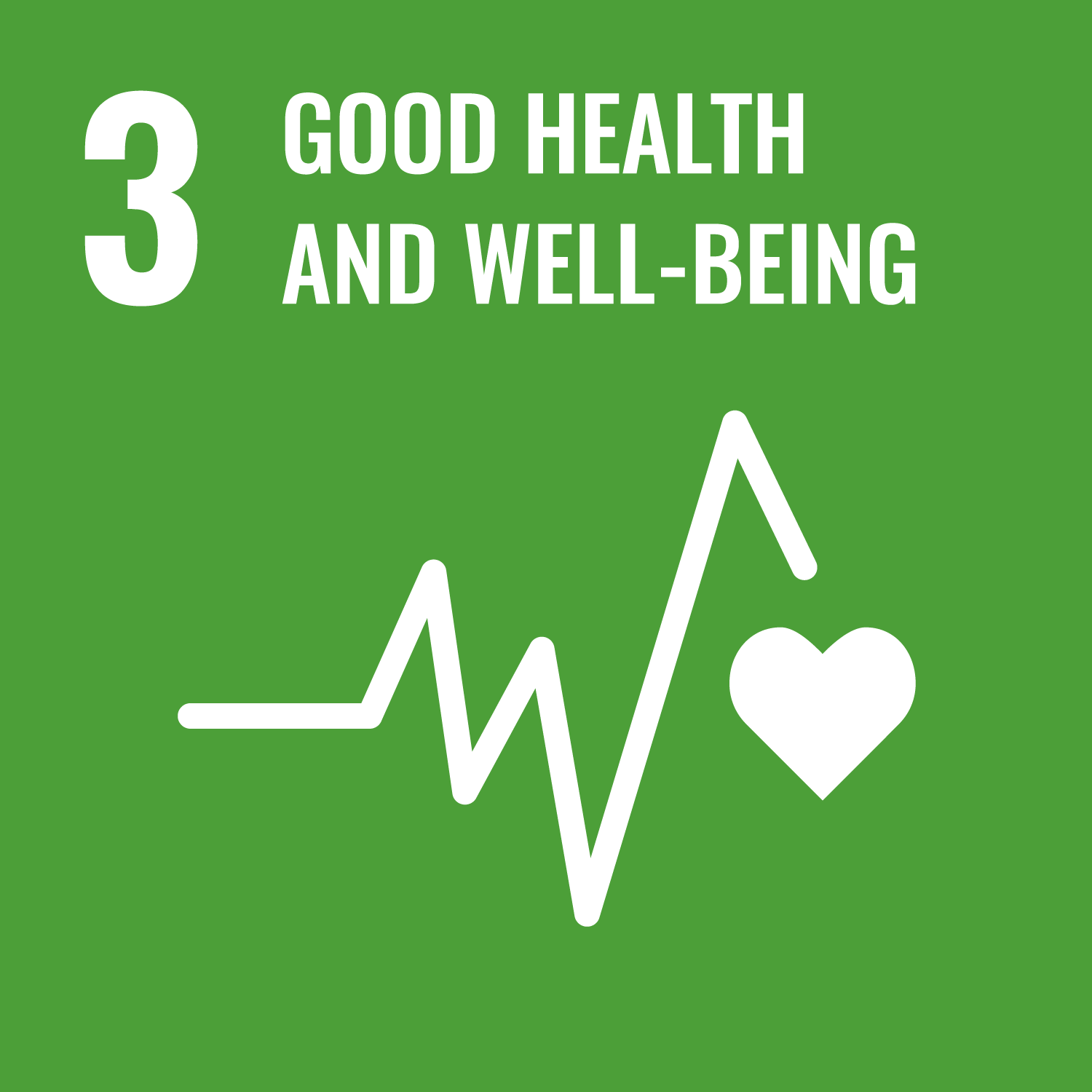Entrenched Rough Sleeping Social Impact Bond- Greater Manchester
Aligned SDGs




- Entrenched Rough Sleeping Social Impact Bond- Greater Manchester
- General overview
- Location
- Involved organisations
- Outcome metrics
- Results
- Other resources
- Spreadsheet of data
- Entrenched Rough Sleeping Social Impact Bond- Greater Manchester
- General overview
- Location
- Involved organisations
- Outcome metrics
- Results
- Other resources
- Spreadsheet of data
General overview
Stage of development: Complete
Policy sector: Homelessness
Start date of service provision: Dec 2017
Capital raised (minimum): GBP 1.80m (USD 2.32m)
Max potential outcome payment: GBP 2.63m
Service users: 406 individuals
Intervention
A programme to assist the most entrenched rough sleepers with secure accommodation and ongoing targeted support, using a housing first approach. It aims to provide the wrap-around support needed to enable individuals to sustain a tenancy in one of 270 homes to be made available by 15 Greater Manchester housing providers and two private rented sector partners – with charities Shelter, Great Places and The Brick ensuring individuals receive the intensive emotional and practical support they need to access appropriate health, training and employment services. The focus is on an individual’s assets and strengths, using a personalised fund to realise their individual ambitions and aspirations. The partnership invests in a second, third, fourth chance ethos, so it doesn’t matter how many times it takes for a participant to stabilise and move forward.
Target population
‘Entrenched rough sleepers’ – people who have regularly slept rough over the past two years and/or are well known to homelessness services
Location
Country
- United Kingdom
Service delivery locations
- Greater Manchester, United Kingdom
Involved organisations
Outcome metrics
- Accomodation - Entering Accommodation
- Accomodation - 3 months in accomodation
- Accomodation - 6 months in accomodation
- Accomodation - 12 months in accomodation
- Accomodation - 18 months in accomodation
- Accomodation - 24 months in accomodation
- First Assessment - General Wellbeing Assessment (Better Managed Needs)
- Second Assessment - General Wellbeing Assessment (Better Managed Needs)
- Third Assessment - General Wellbeing Assessment (Better Managed Needs)
- Mental health (MH) entry into engagement with services - Better Managed Needs
- Mental health (MH) sustained engagement with services - Better Managed Needs
- Alcohol misuse entry into alcohol treatment - Better Managed Needs
- Alcohol misuse sustained engagement with alcohol treatment - Better Managed Needs
- Drug misuse entry into drug treatment - Better Managed Needs
- Drug misuse sustained engagement with drug treatment - Better Managed Needs
- Improved education/training (Entry into employment) 1) Self-cert form 2) One of the following: 1. Certificate 2. Trainer letter/email
- Volunteering/self-employed 13 weeks (Entry into employment) 1) Self-cert form 2) Organisation letter/email
- Volunteering/self-employed 26 weeks (Entry into employment)
- Part time work 13 weeks (Entry into employment) 1) Self-cert form 2) One of the following: 1. Contract 2. Payslips 3. Employer letter/email 4. Invoices and remittances
- Part time work 26 weeks (Entry into employment)
- Full time work 13 weeks (Entry into employment)
- Full time work 26 weeks (Entry into employment)
Results
Outcome achievements
The graph above shows interim results for the project’s outcome achievements. Each bar represents a key participant outcome or metrics. Each metric is detailed above the graph (under the ‘Outcome metrics’ section of this page). Users can hover over the bars to access data on the expectations and achievements for that particular metric. Labels at the top of the bar represent the overall expectations for specific metrics, for the entire life of the project. The coloured section of the bar represents the project’s achievements so far.
Each bar takes the unit of analysis of the metric (if the metric is measured in number of individuals, the bar graph is representing individuals achieving that metric. If the metric is measured in weeks, the bar graph is representing weeks).
A note on targets (or expectations): the graph above shows the latest targets for the project. These targets are based on the best-case scenario expectations for every project. These targets may be different from the targets set at the start, as projects adapt to unexpected challenges or changes in circumstances. In addition, these targets could also work as a ‘cap’ for payments. We offer these parameters as a reference on outcome achievement projections. If projects are under implementation, they are not expected to have achieved any of these targets yet.
Other resources
Spreadsheet of data
Important Notice and Disclaimer on INDIGO Data
INDIGO data are shared for research and policy analysis purposes. INDIGO data can be used to support a range of insights, for example, to understand the social outcomes that projects aim to improve, the network of organisations across projects, trends, scales, timelines and summary information. The collaborative system by which we collect, process, and share data is designed to advance data-sharing norms, harmonise data definitions and improve data use. These data are NOT shared for auditing, investment, or legal purposes. Please independently verify any data that you might use in decision making. We provide no guarantees or assurances as to the quality of these data. Data may be inaccurate, incomplete, inconsistent, and/or not current for various reasons: INDIGO is a collaborative and iterative initiative that mostly relies on projects all over the world volunteering to share their data. We have a system for processing information and try to attribute data to named sources, but we do not audit, cross-check, or verify all information provided to us. It takes time and resources to share data, which may not have been included in a project’s budget. Many of the projects are ongoing and timely updates may not be available. Different people may have different interpretations of data items and definitions. Even when data are high quality, interpretation or generalisation to different contexts may not be possible and/or requires additional information and/or expertise. Help us improve our data quality: email us at indigo@bsg.ox.ac.uk if you have data on new projects, changes or performance updates on current projects, clarifications or corrections on our data, and/or confidentiality or sensitivity notices. Please also give input via the INDIGO Data Definitions Improvement Tool and INDIGO Feedback Questionnaire.